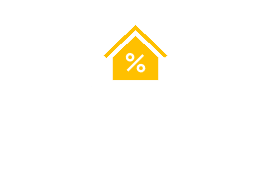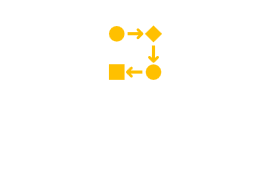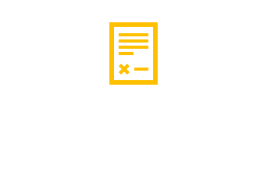Mortgage Articles
Simple Guides to Help You Get Your Mortgage
FHA vs. Conventional: Choose Smart for Your First Home
Takeaway
- FHA: easier to qualify, lower credit needs, but you pay insurance for longer.
- Conventional: cheaper monthly if you’ve got good credit and a decent down payment, but harder to qualify.
Pro & Cons
FHA Mortgage
- ✅ Low credit score okay – can qualify with scores as low as 500–580; conventional usually needs 620 or more.
- ✅ Low down payment – only 3.5% if your credit’s higher, 10% if lower.
- ✅ Flexible debt rules – debt-to-income allowed up to ~55%.
- ✅ Assumable loan – someone else can take over your rate, which helps sell later.
- ✅ Lower interest rates – government-backed means lenders often offer better rates.
- ❌ Mortgage insurance for life – upfront fee plus ongoing MIP, and it stays until refinanced or 11 years with 10% down.
- ❌ Lower loan limits – caps on how much you can borrow, depending on location.
- ❌ Stricter house rules – home must meet certain condition standards and inspections.
Conventional Mortgage
- ✅ Lower long‑term cost – if you put 20% down, no PMI and cheaper monthly payments.
- ✅ Can cancel PMI – once you hit 20% equity, PMI stops.
- ✅ Higher loan amounts – suitable for pricier homes, no FHA limit.
- ✅ Fewer home rules – not as strict on property condition or inspection.
- ❌ Higher credit needed – generally need 620+, and top rates around 740+.
- ❌ Larger down payment – 5–20%, or else you pay PMI.
- ❌ Stricter qualifying rules – debt-to-income usually maxes at 36%, sometimes up to 50%.
Who’s It For?
- FHA suits folks with lower credit, small savings, first-time buyers.
- Conventional is best if you’ve got good credit (620+), a solid down payment, and plan to stay long‑term.
Final Word
Neither is “better” overall—it depends on your situation. FHA helps get your foot in the door, but costs more in insurance. Conventional pays off long run if you’ve got the credit and cash.
DISCLAIMER: mortgage-rates.ai is an independent information platform created to promote greater transparency in the mortgage market for the benefit of borrowers. mortgage-rates.ai is not a lender, mortgage broker, or financial advisor, and is not registered with the Nationwide Mortgage Licensing System (NMLS). Nothing contained on this website shall be construed as an offer to lend, solicit, or extend credit of any kind.
The mortgage rates displayed on this site are collected daily from publicly available sources provided by more than 600 lenders. Mortgage-Rates.ai does not receive compensation for listing these rates, and all rates are presented as published by the respective lenders. While every effort is made to ensure accuracy, the information may contain errors or omissions. Mortgage rates are highly dependent on an individual’s financial circumstances, credit profile, loan terms, and other factors. As such, the rates you are quoted directly by a lender may differ materially from the rates displayed here.
Users should contact lenders directly to obtain formal, binding loan offers. If you identify any discrepancies in the data or would like to have your institution’s rates included, please contact us at content@mortgage-rates.ai
All logos, trademarks, and brand names appearing on this website are the property of their respective owners.
The mortgage rates displayed on this site are collected daily from publicly available sources provided by more than 600 lenders. Mortgage-Rates.ai does not receive compensation for listing these rates, and all rates are presented as published by the respective lenders. While every effort is made to ensure accuracy, the information may contain errors or omissions. Mortgage rates are highly dependent on an individual’s financial circumstances, credit profile, loan terms, and other factors. As such, the rates you are quoted directly by a lender may differ materially from the rates displayed here.
Users should contact lenders directly to obtain formal, binding loan offers. If you identify any discrepancies in the data or would like to have your institution’s rates included, please contact us at content@mortgage-rates.ai
All logos, trademarks, and brand names appearing on this website are the property of their respective owners.







About the author
mortgage-rates.ai